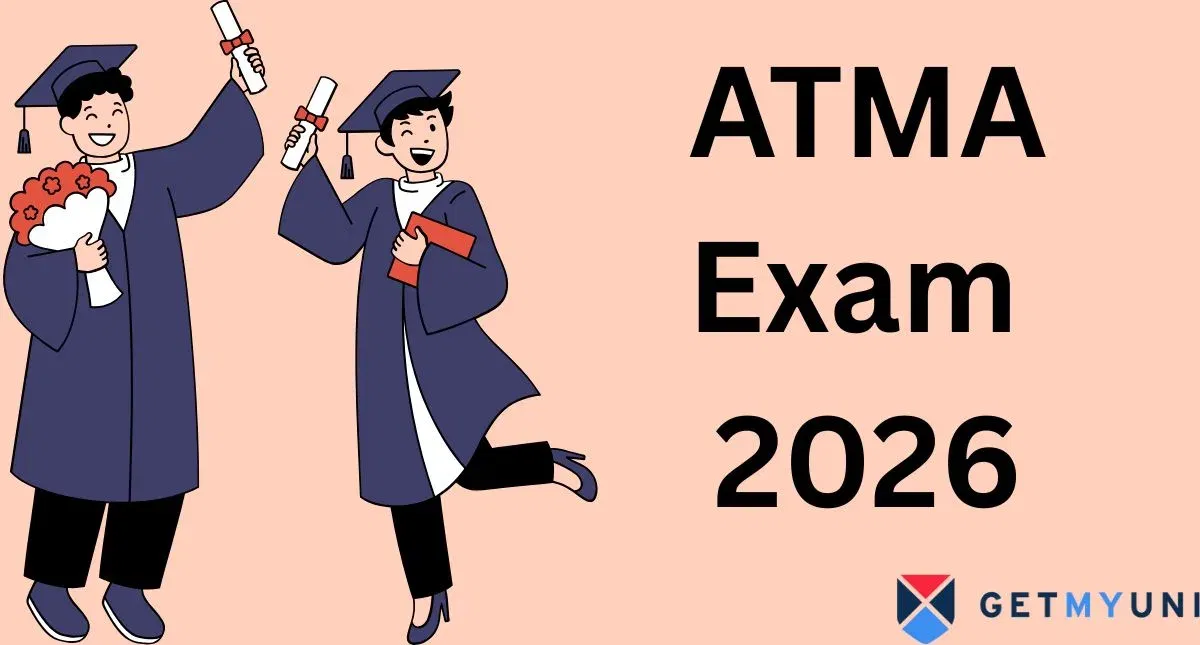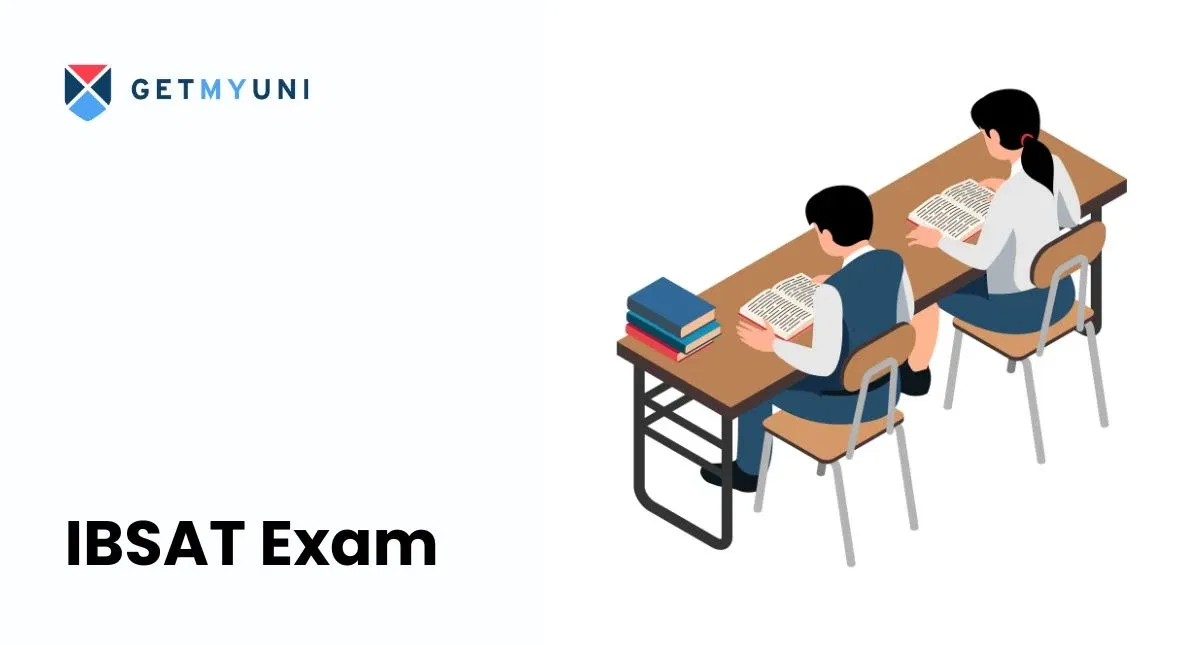MBA candidates often ponder the relevance of work experience for MBA admission. Yes, work experience plays a major role in giving you MBA admission in IIMs and the top MBA colleges.
Work experience for MBA admission in IIMs requires at least 3-4 years of experience whereas, most B-Schools need two to three years of work experience for MBA admission. However, many B-schools do not need previous job experience for MBA admission. Thus you must have an idea of the required work experience for the list of colleges you are targeting.
MBA Admission is usually done on the basis of an entrance exam, group discussion, written ability test, and personal interview rounds. Work experience is a major consideration in top B schools and may make or break an applicant's chances of getting in.
Benefits of Work Experience For MBA in India
Work experience for MBA admission is important as it shows your skills and knowledge to excel in the applied MBA course. Work experience indicates that you can handle many activities and projects and is at ease working in a professional setting.
Given below are the benefits of work experience for MBA admission:
1. Advantage Over Competitors
MBA programs are based on a model of learning through experience. A person without prior job experience could take longer to learn than someone exposed to the business world. Work experience helps you integrate your learning objectives with the curriculum. You may use your prior job experiences to comprehend a topic better, providing them an advantage over individuals with little or no work experience.
2. Reviewing Applications
Admission officials evaluate your resume with a focus on your employment history. The job quality, skills acquired, and other relevant characteristics are typical criteria for their evaluations. The main thing that evaluators look for is evidence of leadership abilities. If you lack work experience, consider mentioning extracurricular activities on your CV.
| WAT Topics For MBA Admission | GD Topics for MBA |
3. Clear Objectives
One may better comprehend the functional requirements for different corporate jobs with various work experiences. By doing so, one can focus on their area of interest and growth. Students can better concentrate while studying for an MBA since they may link their learning objectives with the program's criteria. Work experience makes students independent in their approach to the course, which is beneficial during discussions and assignments.
4. Simple transition
MBA schools are highly competitive and rigorous. The courses are structured quite similarly to actual working conditions and enable students to gain job-related skills. The ones with professional expertise easily adjust to a college environment that reflects the business world's demands. Those with professional experience find it easier to transition to this fast-paced culture since grad school is usually calmer and less competitive.
| 9 Tips for Cracking MBA & PGDM Admission Interview | MBA Entrance Exams |
5. Higher Salary
When comparing salary offers to MBA graduates, those with job experience tend to come out on top. Companies pay attention to candidates' employment history when deciding a job title and salary. MBA graduates with job experience are preferred since they are sometimes only chosen for entry-level roles but for the next level up in a company. The ones with past job experience might negotiate higher compensation after pursuing an MBA.
6. Networking
Everyone socializes and makes connections with others when they are at work. This network may be beneficial in various ways while you pursue and complete your MBA degree. For example, you can rely on your network of trustworthy individuals for mentoring, referrals, or career possibilities. Unfortunately, graduate students who enroll directly in an MBA program may miss out on this significant benefit.
| Extracurricular Activities for MBA Admission | Top MBA Colleges other Than IIMs |
Top Factors for Evaluating Work Experience
Work Experience For MBA Admission plays a significant role in the selection process of many B- schools. Institutes prefer to consider candidates who have worked in the corporate sector before enrolling in the course. Work Experience for MBA Admission is evaluated based on the following criteria.
1. Nature of Work- One of the main criteria for MBA admission is the candidate's type of work experience. Candidates with relevant work experience in management, finance, consulting, marketing, and technology, will be given preference over those without.
2. Duration- Admission committees look for commitment to the field. Therefore, candidates for MBA programs are often favored if they have worked full-time for at least two years. This reflects the dedication to the work and the maturity to take on challenging roles.
| Tier 3 MBA Colleges in India | Tier 2 MBA Colleges in India |
3. Work Experience Quality- Admission committees will look at the professional experience and how you grew, developed, and added value.MBA programs want students with relevant job experience and challenging roles. The ones with leadership experience who can adjust to different surroundings and gain new abilities will be preferred.
4. Work Experience Relevance- You must address the importance of relevance to the MBA program. Admission committees search for experiences relevant to the MBA program and future ambitions. Experience in the same or a relevant sector to the degree program will put you ahead of the competition.
5. Professional Work Achievements- Admission committees look for career growth, rewards, and qualifications to evaluate professional development. Professional achievements are another essential criterion for MBA programs. Awards, promotions, or other forms of recognition are examples. Those who have shown initiative and professional achievement are preferred over others.
Required Work Experience for MBA admission in IIMs
IIMs are the best B-schools in India for MBA in various subfields. Along with the CAT score, WAT/GD, and personal interview, the IIMs emphasize the job experience requirement. Each IIM has its parameters regarding the work experience for MBA admission. However, the minimal work experience for MBA admission necessary for IIMs is as follows:
|
MBA College |
Required Work Experience |
|
5 to 12 Years |
|
|
3 to 6 Years |
|
|
2 to 4 Years |
|
|
2 Years |
|
|
3 Years |
|
|
3 + Years |
|
|
5 Years |
|
|
5 Years |
Required Work Experience for MBA Admission in Other B-Schools
Non-IIM B-schools weigh work experience for MBA admission differently. Some colleges may see job experience as a significant admission criterion, while others may not. As a result, the weightage of the work experience for MBA admission for non-IIM B-schools differs for each B-school.
The following are the top non-IIM B-schools with minimum work experience.
|
MBA College |
Required Work Experience |
|
5 to 12 Years |
|
|
5 Years |
|
|
XLRI, Delhi |
5 Years |
List of Top MBA Colleges with No Work experience
Many top B- schools enroll students based on entrance exam results and GD and PI performance. Applying to an MBA school with little to no job experience might sometimes be an asset. Admission committees seek candidates who can lead and experiment with new ideas. Below is a list of the top B- schools that do not need work experience for MBA admission.
- Birla Institute of Technology and Science
- Jaypee Business School
- FORE School of Management
- Birla Institute of Management Technology
- Amity University
- Institute of Management Technology
MBA After Graduation vs MBA After Work Experience Which is better?
Whether to seek an MBA after graduation or after some work experience depends on your ambition and interests. MBA will teach you the fundamentals, but you'll need extensive real-world experience to put them into practice. Those with a significant amount of previous job experience tend to do better.
| Particular | Advantages | Disadvantages |
|
MBA After Graduation |
|
|
|
MBA After Work Experience |
|
|
Work experience may provide MBA candidates with fluent communication, problem-solving, and critical thinking skills. This indicates that the candidate understands business and can think strategically. Therefore, professional expertise and relevant job experience in their industry are valued more than no work experience or irrelevant experience.
Read More: MBA After Graduation Vs Work Experience










